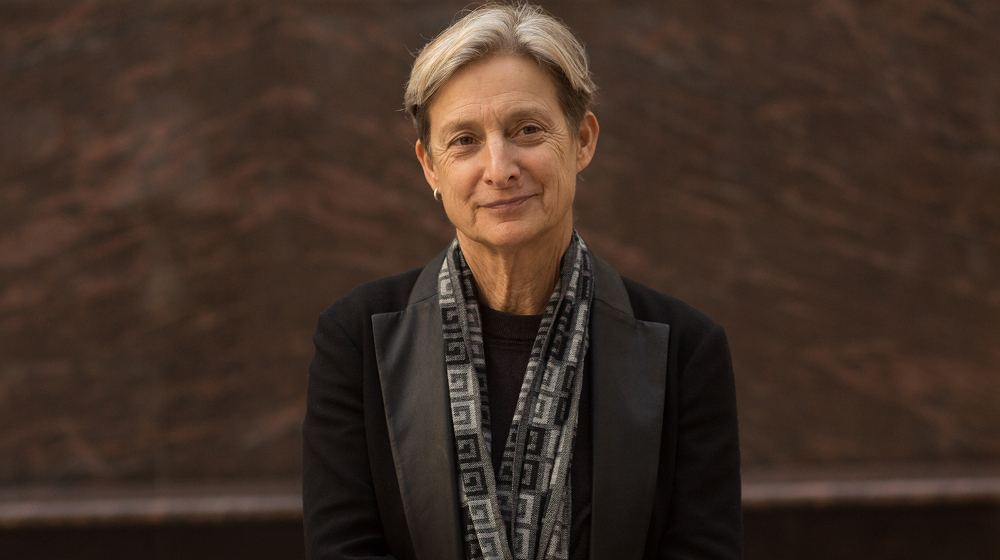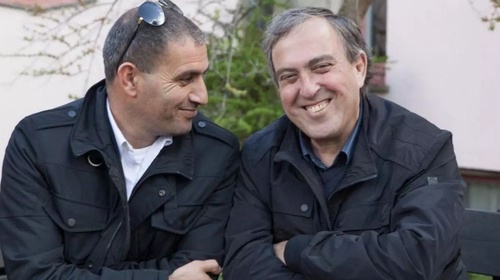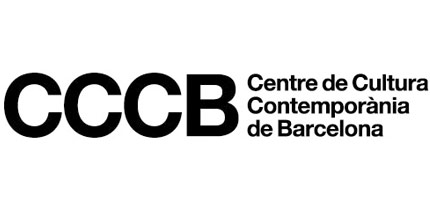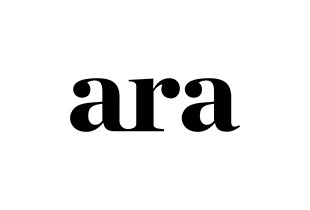Are we adults?
Ethics and Politics of Non-violence
Lecture by Judith Butler
Debate
Starting out from the premise that interdependence is an inherent condition of human beings, Judith Butler will talk about the need to situate non-violence at the centre of ethics and politics.
Judith Butler postulates that, although the notion of “dependence” has often been used to justify the colonial story by claiming that some populations are more dependent than others, this word takes on a very different sense when one takes into account the condition of need and vulnerability which characterises human lives from infancy to old age. Even in adulthood we never stop being dependent because we are not beings capable of sustaining ourselves. We always have to rely on others and on a set of public services, whether in the form of the footpath we walk on, the library we go to, basic health services, or the forms of shelter which are mainstays of our lives. Judith Butler argues that one of the reasons why spending cuts and the politics of austerity are so unacceptable is that the basic public services people need in order to live and grow are denied or subcontracted. In this lecture she will draw on the work of Adriana Cavarero to consider what it means to depend on another body and the implications of this dependence for renewing socialist ideals and establishing an ethics and politics of non-violence.
Related contents
Ethics and Politics of Non-violence
Lecture by Judith Butler
Starting out from the premise that interdependence is an inherent condition of human beings, Judith Butler talks about the need to situate non-violence at the centre of ethics and politics.









